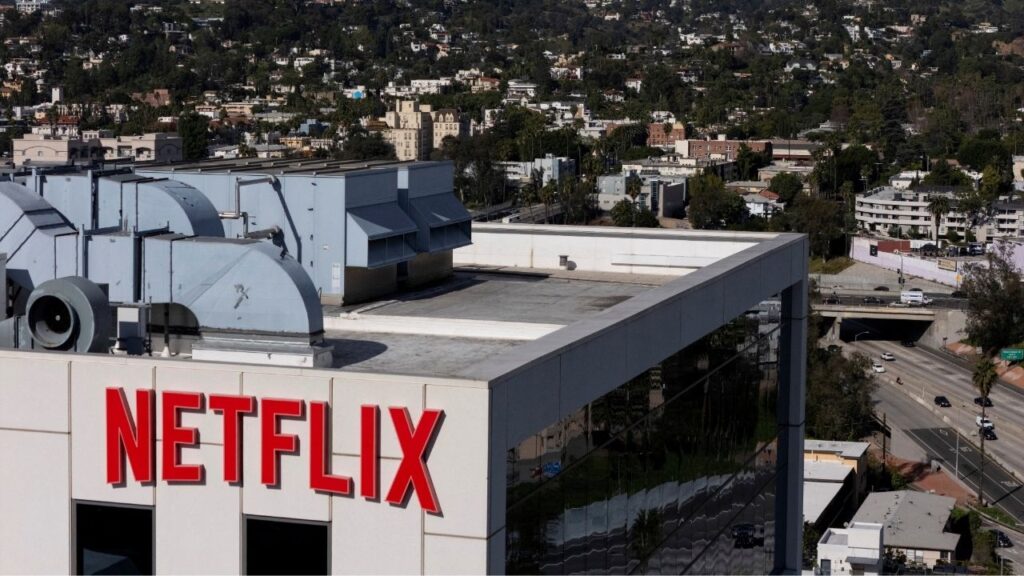Share
SACRAMENTO — As the deadline approached last week for measures to qualify for California’s November ballot, wealthy special interests pushed lawmakers to cut deals to avoid costly ballot measure campaigns in the latest display of money’s power over policymaking.
In a single day, beverage companies, a wealthy real estate developer and the paint industry all withdrew initiatives that were poised to go before voters after winning something from the Legislature. A powerful business group and beverage companies persuaded the Legislature to enact a ban on local soda taxes through 2030; in exchange, its supporters spiked a measure that would have hindered cities and counties from raising taxes.
Putting a measure on the ballot — a process intended to give ordinary Californians more of a say in the laws that govern them — has become prohibitively expensive for people without personal wealth or interest group backing. It can cost millions to collect enough signatures to qualify a measure and many millions more to convince voters to pass it.
Corporations Use Ballot Measures To Pressure Government
California is the largest of 24 states that let residents pass laws through ballot initiatives, according to the National Conference of State Legislatures. It’s not the only place where corporations have used ballot measures to pressure government.
After Seattle passed a $275-per-worker tax on companies to fund homeless services and affordable housing, Amazon and other companies began funding an effort to repeal it at the ballot. The City Council reversed course and repealed the tax soon after. And in Massachusetts, policymakers passed a law to raise the minimum wage and expand paid leave this year as part of a deal to keep some measures off the November ballot.
In California, some lawmakers accused powerful interests of weaponizing the ballot process to ensure concessions, but others said threatening a ballot initiative brought lawmakers to the table on issues they’d otherwise avoid. A law passed in 2014 allows proponents to withdraw measures if they reach a compromise with lawmakers.
Wealthy People and Special Interests Influence California Lawmaking
Kim Nalder, a government professor at California State University, Sacramento, said the last-minute deals show the outsize influence of wealthy people and interest groups.
“It is truly not what should be happening in a well-functioning democracy,” Nalder said. “Although a wealthy individual might end up doing something that’s good for the state, there’s no guarantee of that.”
In California, initiatives cannot be altered after they are placed on the ballot and are very difficult to change once enacted. There’s more room for refinement in the legislative process.
Democratic Assemblyman Evan Low said initiatives don’t face the same line-by-line scrutiny and refinement as bills. Initiative backers also don’t have the same accountability as lawmakers, who can be voted out of office, he said.
“With the initiative process, how do we hold the soda industry accountable?” Low asked. “Do you write to Pepsi?”
Big Soda Stares Down Democrats
Democrats harshly criticized the soda industry before passing a law barring local soda taxes for the next 12 years. Shortly after Gov. Jerry Brown signed the ban into law, the California Business Roundtable withdrew an initiative primarily funded by the beverage industry that would have crippled local governments’ ability to raise any taxes.
The California Medical Association and the California Dental Association filed an initiative Monday for the 2020 ballot to overturn the ban and tax soda statewide. In a statement, the associations accused the soda industry of holding the Legislature “hostage.”

“Beverage companies are active members of the communities in California and across the country, employing and supporting thousands of people and local businesses who are hurt by these kinds of taxes,” he said. “That’s why we stood up with those local businesses and consumers.”
Paint Companies Get Their Way on Lead Cleanup
Paint companies, meanwhile, agreed to withdraw a ballot measure limiting the industry’s liability for lead paint cleanup in exchange for lawmakers withdrawing bills targeting the industry.
On data privacy, San Francisco real estate developer Alastair Mactaggart forced lawmakers to the negotiating table by spending $3 million to qualify an initiative for the ballot. It aimed to give Californians more control over their data, including letting them prevent companies from selling it.
Lawmakers passed a law with many similar provisions to pre-empt the ballot measure. Even some opponents asked lawmakers to pass it in the hopes it will be amended later. Mactaggart said he financed the ballot measure because lawmakers weren’t doing enough to protect consumers’ data privacy due to the telecommunication industry’s power over the Legislature.
Republican Says Initiative Process Benefits Californians
Republican Sen. Joel Anderson said the withdrawn proposals are examples of the initiative process working for good.
“The Legislature could have taken on this issue at any point since I’ve been in the Legislature, and we chose not to because it was difficult,” he said in a committee hearing last week. “The initiative process has actually worked quite well because we’re now delving into an issue that we know is very important to the public.”
Categories

CHP Warns of Hazardous Driving on Highway 168 Near Shaver Lake

Madera County Storms Knock Out Power to Mountain Communities

Tree Blocks Road, Cuts Phone Lines in Merced County

How China Plans to Dominate Global Trade Long after Trump















